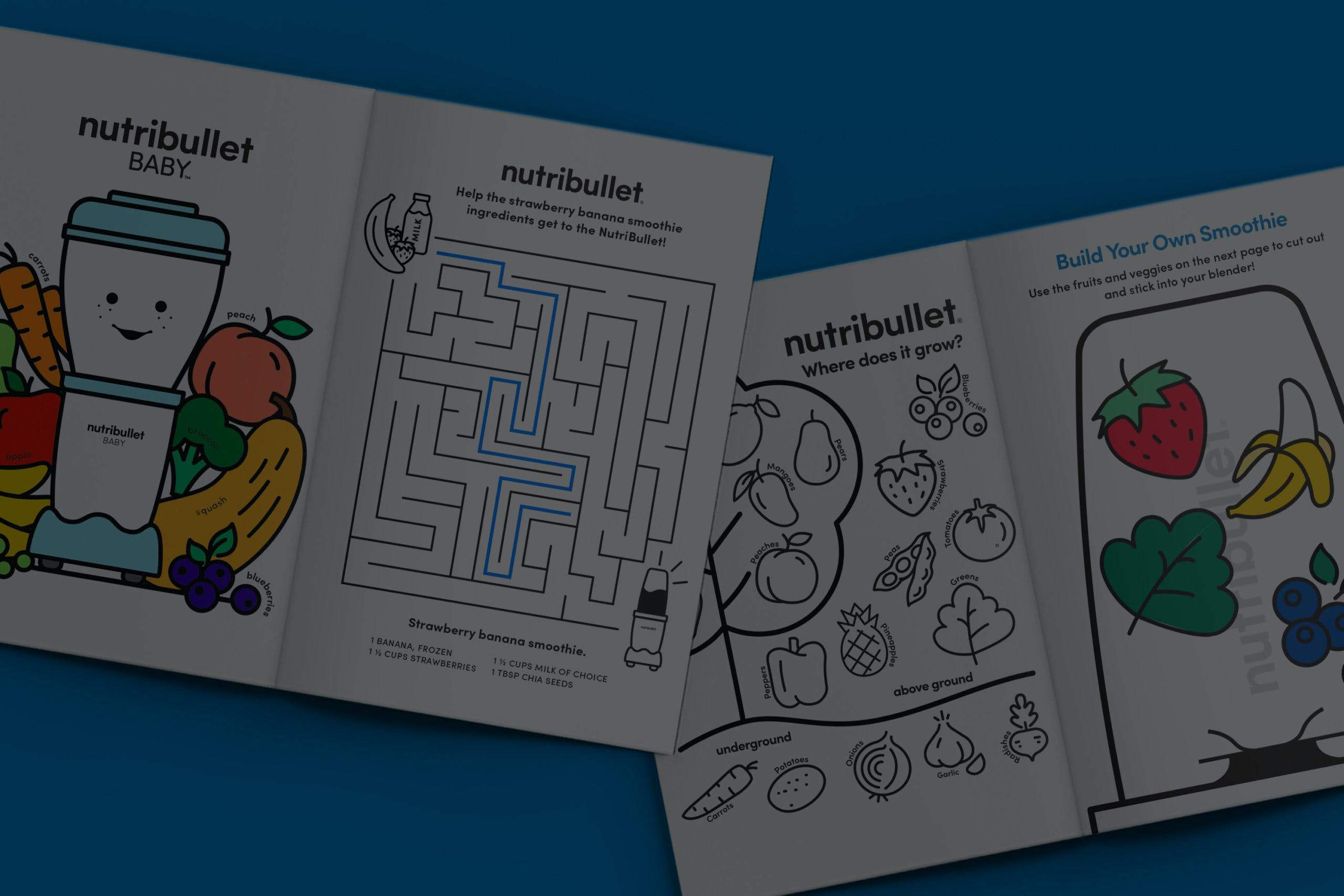“I just love food.”
Have you ever heard anyone struggling with their weight say that? It’s a common defense from people who are trying to lose weight. They claim how difficult it is to “diet” because of their sheer love for the taste of food. Interestingly enough, a new study shed some light on this age old excuse as to why they can’t lose weight.
We all learned in elementary school that our tongues are responsible for our primary taste senses: salt, sweet, bitter, and sour. What you may not be aware of is that, just like most cells in our bodies, taste bud cells turn over quickly. On average, taste buds last 10 days before they turn over and renew. So, when your mom told you to keep trying broccoli until you like it, she was not wrong.
Scientific research suggests that becoming obese can physiologically reduce the number of taste buds on the tongue. There have been previous human studies showing that taste sensitivity is reduced when weight is gained and consequently regained when weight is lost. The recent findings from a mice study shines a light on the reason why.
The study was conducted at Cornell University and was published on March 20th this year in PLOS Biology. It calls attention to inflammation as the cause of a reduction in the total number of taste buds. Obesity and inflammation have a direct relationship. In this study on mice, the number of taste buds on the tongues of mice decreased with increases in weight gain.
During this study, the mice were fed one of two diet protocols. Group 1 had a normal diet made up of 14 percent fat. Group 2 had an obesity-inducing diet that contained 58 percent fat.
Once the Group 2 mice became obese, approximately 8 weeks into the study, they found that the obese mice had about 25 percent fewer taste buds than the lean mice in Group 1 did. Researchers concluded that, due to the fact that a high fat diet and obesity are linked to a high level of inflammation, the taste buds were unable to turn over efficiently which led to “taste dysfunction”.
From a weight loss perspective, obese individuals claim that they need more food to satisfy them. The more they eat, especially if the foods are high in fat and sugar, the more weight they gain. The more weight they gain, the less sensitive their taste buds become as cell turnover rates are compromised. And the cycle repeats itself since more food is consumed to satisfy those taste buds.
This recent study can suggest that taste buds can’t function properly if we’re obese. When our sense of taste is dulled, we can’t fully appreciate the food that we’re eating. We need to tap into our sense of taste again to enjoy tasting food and being satisfied with less of it.
Nutritional information
Recipe: Creamy Green Strawberry Dream Serving in this recipe:1
- Calories: 236.6
- Total Fat: 3.6 g 5.5%
- Saturated Fat: 0.4 g 1.9%
- Cholesterol: 0 mg 0%
- Sodium: 358.7 mg 14.9%
- Total Carbs: 45.7 g 15.2%
- Dietary Fiber: 9.9 g 39.4%
- Sugar: 22.1 g
- Protein: 8.1 g 16.2%
- Vitamin A: 481.9% Vitamin C: 244.1%
- Calcium: 68.5% Iron: 26.1%
* Percent Daily Values are based on a 2,000 calorie diet. Your daily values may be higher or lower depending on your calorie needs.





















